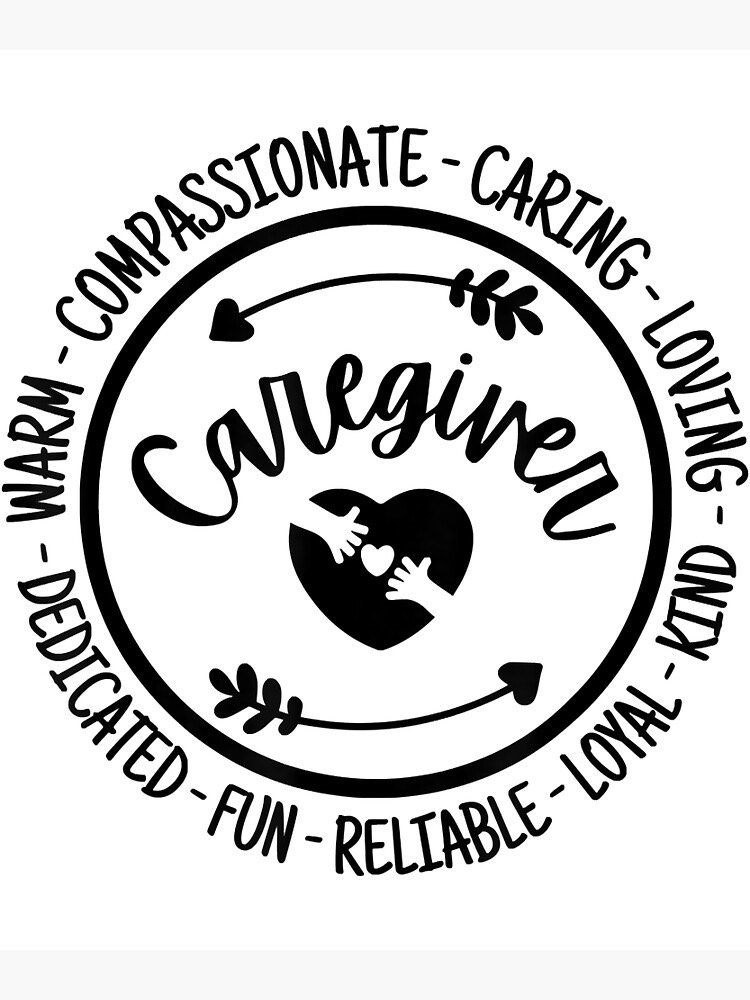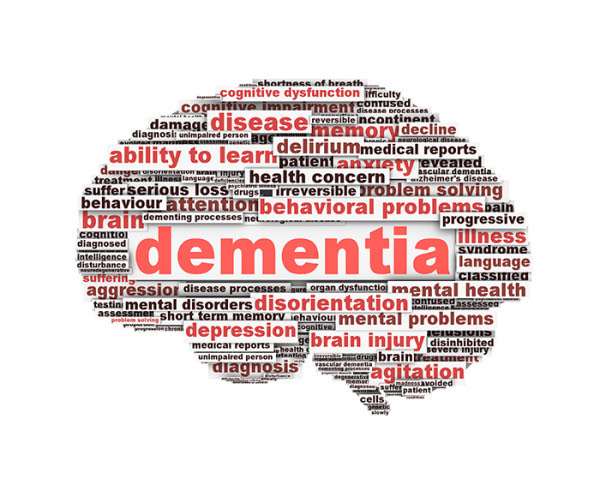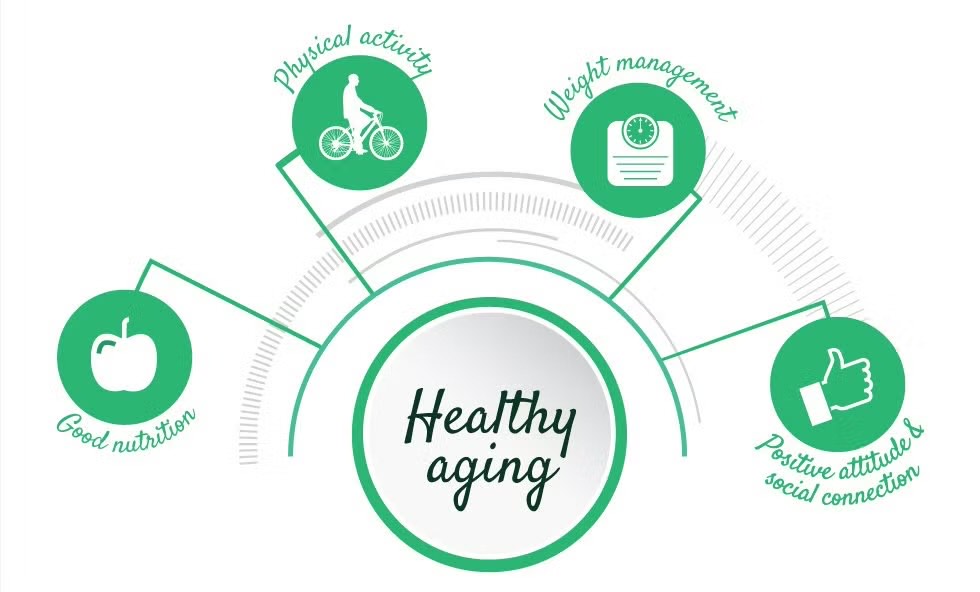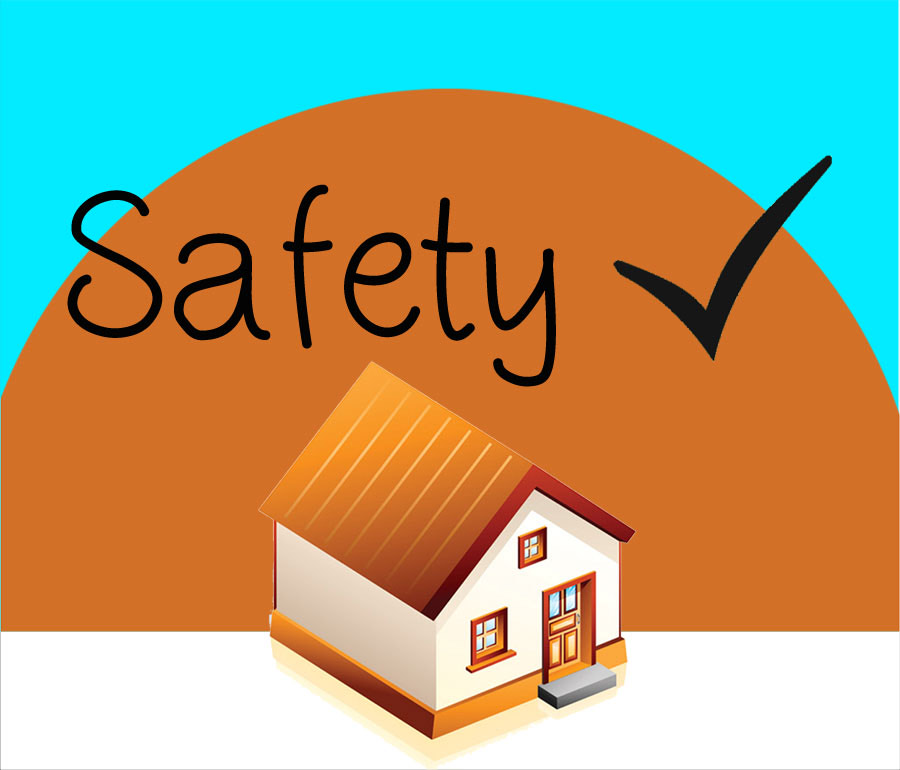Caregiving is an act of compassion and love, but it often comes with significant emotional, physical, and mental demands. Whether you’re caring for an aging parent, a spouse, or a loved one with special needs, prioritizing your own well-being is crucial. Caregivers who neglect self-care are at risk of burnout, health issues, and emotional exhaustion. This blog will explore practical strategies to help caregivers take better care of themselves.
Why Caregiver Self-Care Matters
As a caregiver, you may feel that focusing on your own needs takes time away from the person you’re caring for. However, neglecting self-care can lead to:
- Burnout: Feeling overwhelmed, fatigued, or emotionally drained.
- Physical health issues: Increased risk of illness due to stress and lack of rest.
- Emotional challenges: Anxiety, depression, or feelings of isolation.
Taking care of yourself isn’t selfish—it’s essential for providing quality care to your loved one.
Practical Self-Care Tips for Caregivers
- Prioritize Your Physical Health
Caring for someone else is physically demanding, so maintaining your health is vital.
- Stay active: Engage in regular exercise like walking, yoga, or stretching.
- Eat a balanced diet: Focus on whole foods, lean proteins, fruits, and vegetables.
- Get enough sleep: Aim for 7-8 hours per night to recharge your body and mind.
- Stay hydrated: Drinking plenty of water helps maintain energy levels.
- Set Boundaries and Learn to Say No
It’s easy to take on too much when caregiving. Setting boundaries helps you manage your responsibilities without becoming overwhelmed.
- Delegate tasks: Ask family members or friends to pitch in.
- Use respite care: Consider professional services for temporary relief.
- Know your limits: Politely decline additional responsibilities when needed.
- Connect with Others
Caregiving can feel isolating, but building a support network can make a big difference.
- Join a support group: Share experiences and learn from others in similar situations.
- Stay in touch with friends: Social interactions can provide emotional relief.
- Seek professional help: Therapists or counselors can help manage stress and emotions.
- Practice Stress Management
Caring for others can be stressful, but incorporating relaxation techniques can help.
- Mindfulness and meditation: Spend a few minutes each day practicing deep breathing or guided meditation.
- Journaling: Write about your thoughts and feelings to process emotions.
- Engage in hobbies: Dedicate time to activities you enjoy, like reading, gardening, or crafting.
- Accept Help and Resources
It’s okay to ask for and accept help. Utilize resources available in your community or online.
- Respite care: Many organizations offer temporary care to give you a break.
- Educational resources: Learn about your loved one’s condition to better understand and manage their needs.
- Community programs: Seek out local meal delivery, transportation, or support services.
- Focus on Your Emotional Health
Your emotional well-being is just as important as your physical health.
- Acknowledge your feelings: It’s normal to feel frustration, sadness, or guilt.
- Celebrate small victories: Recognize the positive impact you’re making.
- Practice gratitude: Reflect on moments of joy or connection throughout the day.
Recognizing Signs of Caregiver Burnout
Caregiver burnout can develop gradually, so it’s essential to recognize the warning signs:
- Persistent fatigue or exhaustion.
- Increased irritability or anger.
- Difficulty concentrating.
- Withdrawal from social activities.
- Physical symptoms like headaches or stomach issues.
If you notice these signs, it’s time to take action by seeking support and prioritizing your self-care.
Final Thoughts
Being a caregiver is one of the most selfless roles a person can take on, but it doesn’t mean you have to sacrifice your own well-being. By incorporating these self-care strategies into your routine, you’ll be better equipped to handle the challenges of caregiving while maintaining your health and happiness.
Remember, taking care of yourself is not just for your benefit—it’s the foundation of being a strong, compassionate caregiver for your loved one.





